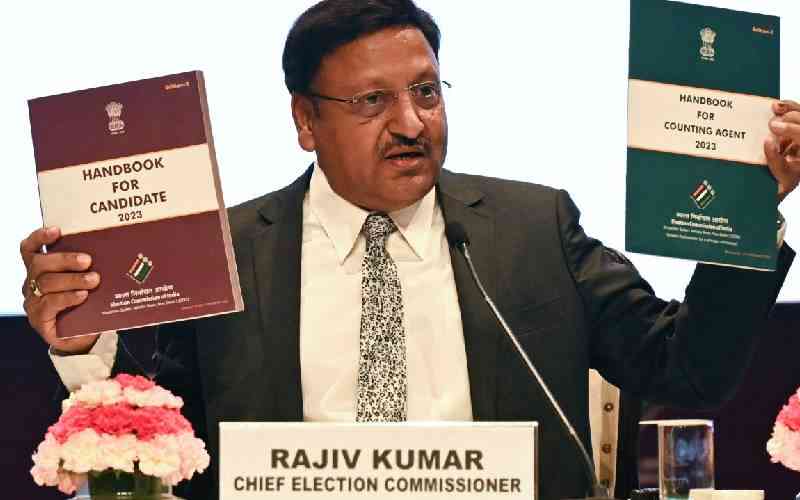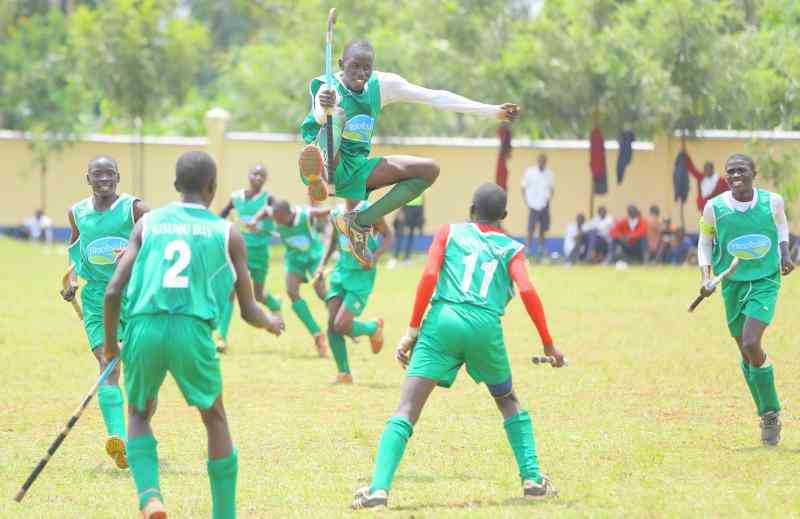×
The Standard e-Paper
Informed Minds Prefer The Standard

Audio By Vocalize

Indian Prime Minister Narendra Modi is widely expected to win a third term in power on Tuesday, leading a country with the world's biggest population and fastest-growing economy.
The 73-year-old Hindu nationalist leader, who is pushing for a permanent seat on the UN Security Council, has been courted by the United States and European allies as a counterweight to China.

